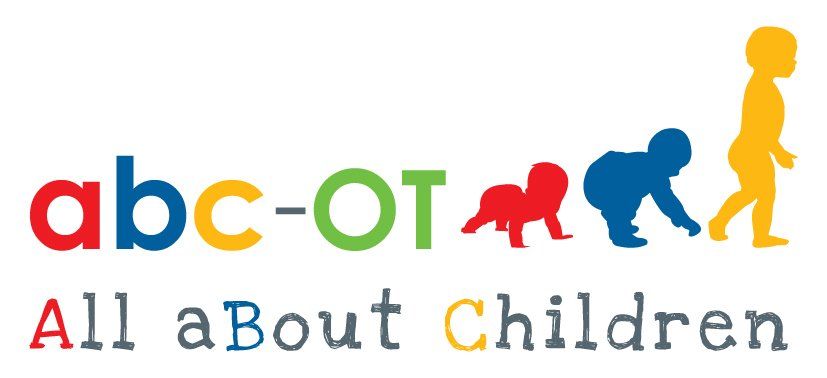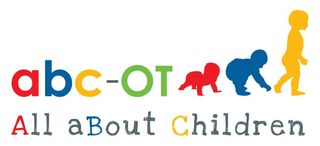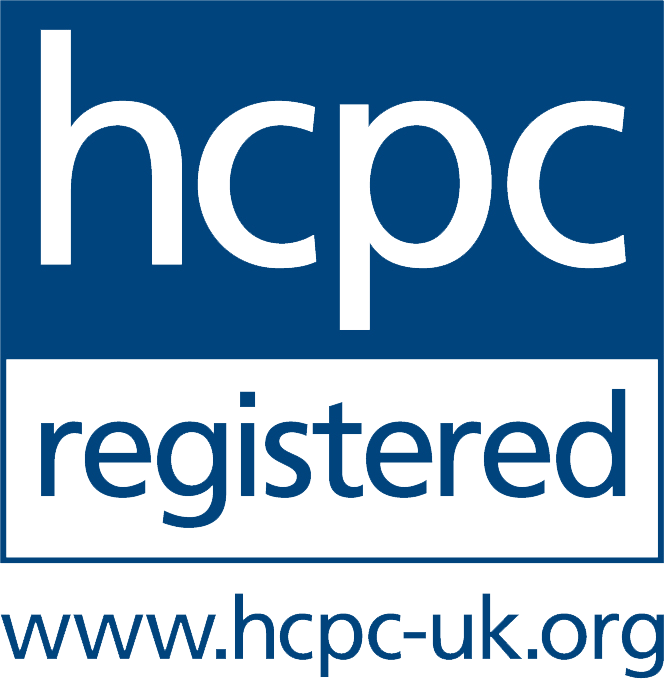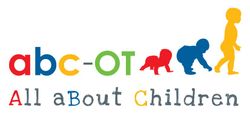Positive Support For Your Child
Independent Occupational Therapy for Children

Based in London and operating within Greater London, we offer independent specialised children’s Occupational Therapy that works alongside children, parents, teachers and schools.
Does My Child Need Occupational Therapy?
If your child has experienced difficulties in any of the areas outline below, occupational therapy can help support them through this positively.
Developmental Delay
Delays in overall development can happen during specific time periods at certain ages.
These can include:
- Not reaching development milestones of sitting, crawling and walking.
- Not learning at an age appropriate level.
- Not developing age appropriate play and social skills.
Fine Motor Skills
Any small movements made by fingers, toes, wrists, lips or the tongue come under fine motor movements. If your child is struggling with this, they may show signs of difficulty with one or more of these actions:
- Manipulating toys and puzzles
- Holding a pencil
- Poor handwriting, letter/number formation
- Using cutlery at an age-appropriate time
- Using scissors
- Using zippers, buttons, shoelaces
- Colouring, drawing, tracing, prewriting shapes
- Not developing a hand dominance at an age-appropriate time
- Avoiding tasks and games that require fine motor skills
Gross Motor Skills (Movement, Strength & Balance)
Larger muscle movement, including walking and balance require gross motor skills. Your child may be showing signs of struggling with some or all of these areas:
- Appear clumsy or uncoordinated
- Going up and down stairs at an age appropriate time
- Coordinating both sides of the body
- Understanding the concept of right and left
- Poor ball skills
- Poor balance
- Their muscle tone, or muscle tension and resistance, could be higher or lower than the appropriate developmental milestone.
- Be fearful of feet leaving the ground
- Not cross midline of his or her body during play and school tasks
- Avoids tasks and games that require gross motor skills
ORAL MOTOR & SENSORY
Control of your facial and oral area including lips, jaw tongue or the soft palate fall under oral motor skills. Any delayed oral motor and sensory skills can show in one or more of the following ways:
- Excessive drool
- Çhews food in the front of the mouth, rather than on the molars
- Difficulty using a cup at an age-appropriate time
- Difficulty with drinking from a straw at an age-appropriate time
- Tiredness after eating
- Excessively picky when eating, only eating certain types or textures of food
- Child excessively mouths toys or objects beyond an age-appropriate time
SOCIAL INTERACTION SKILLS
Interactions with other children and family members may be delayed. In these instances, your child could show signs of the following:
- Difficulty interacting socially and engaging with family and peers
- Difficulty adapting to new environments
- Delayed language skills
- Overly focused on one subject (e.g space, universe, dinosaurs, trains)
- Can't cope in the school environment
SENSORY PROCESSING
Making sense of your environment through sound and smell is essential to general understanding of your surroundings. Your child may show oversensitivity to certain things around them showing the following symptoms:
- Overly sensitive or heightened reactivity to sound, touch, or movement
- Under-responsive to certain sensations (e.g., high pain tolerance, doesn't notice cuts/bruises)
- Constantly moving, jumping, crashing, bumping
- Easily distracted by visual or auditory stimuli
- Emotionally reactive
- Difficulty coping with change
- Inability to calm self when upset
Visual Processing
How your brain interprets visual information is referred to as visual processing. Making sense of what you see is essential to understanding your environment. If your child is struggling in any of these areas, they may have difficulty with visual processing:
- Difficulty with the spacing and sizes of letters
- Difficulty with recognising letters
- Difficulty with copying shapes or letters
- Difficulty with visual tracking and crossing midline
- Difficulty finding objects among other objects
- Difficulty with copying from the board or another paper
- Difficulty with the concept of right and left
- Your child may lose his or her place when reading or copying from the board or may have poor eye contact.
Learning Challenges
Developmental disabilities and learning challenges can show themselves in the following ways. If your child shows any of these symptoms you may need to consult and occupational therapist:
- Unable to concentrate and focus at school
- Easily distracted
- Difficulty following instructions and completing work
- Tires easily with school work
- Poor impulse control
- Hyperactivity or low energy
- Not keeping up with workload at school
- Difficulty learning new material
- Makes letter or number reversals after age seven
Play Skills
Social skills and play are essential to your child developing a sense of the world around them and gaining self-confidence and problem solving. If your child shows evidence of one or more of the following symptoms they could have an issue with their play skills:
- Needs adult guidance to initiate play
- Difficulty with imitative play
- Wanders aimlessly without purposeful play
- Moves quickly from one activity to the next
- Does not explore toys appropriately
- Participates in repetitive play for hours (e.g., lining up toys)
- Does not join in with peers/siblings when playing
- Does not understand concepts of sharing and turn taking
Contact Us
If you have any questions then please feel free to contact us on the details below, or complete the form and we will get back to you as soon as we can.




